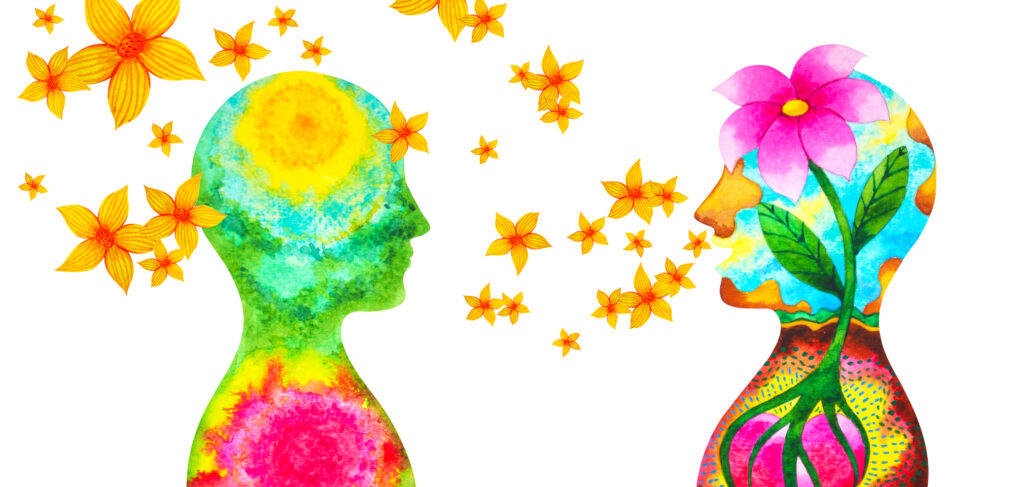We’ve all been there. You’re going along with your day, and suddenly, someone lashes out. It might be anyone—a friend, coworker, or family member—and it is totally unexpected. You don’t understand. You didn’t do anything wrong. The person is acting like a child. Your first reaction might be defensiveness—hopping right into the sandbox. You don’t realize that your reaction might also be seen as irrational. You try not to react right away. But then you repeat the person’s behavior repeatedly in your head and start fuming.
I just returned from an annual weekend in the woods with my college friends. We do this every year, and this year was our fortieth!! I (obviously) love spending time with those guys, and we know each other as well as friends can. We spend time catching up, “reveling,” making chili, and playing cards (pitch). For the duration of the event, we are with each other every moment. There are few people I would be able or willing to spend this much time with all in one go, but these guys are in that category. It is still a challenge, not because of anything they do, but because being with people generally is challenging for me—especially when it’s constant and for an extended time. The introversion voice is strong.
How many friends do you have? Are they all created equal? The levels of connection that you have with people matter. How you behave around them, what you confide in them, and how much you ask of them matters. What you get from them also matters—how they make you feel, your experiences with them, and what you learn from them.
My son is twenty-one, and I trust him completely.
Well, almost completely. He’s tried to pull some fast ones over the years, but on the whole, they’ve been very minor. I’d almost be worried if he hadn’t. All of us go through a process in our relationships of establishing how much we trust one another and how trustworthy we are. Part of that includes exploring the boundaries and finding the balance between words and actions that we perceive as beneficial to us (e.g., a child getting away with something) and those that build trust. In terms of trust in relationship with others, there are several ways to think about it. One is the component of trust in the parts of our lives that come with significant responsibilities, such as taking care of our children, as well as other aspects of our relationships and our professional duties. Another is our trust in others based on the strength of the relationship. This kind of trust depends on our experience with other people as well as how trustworthy we are. We can also think about trust as an attachment to a certain outcome—we trust something is going to happen. While this isn’t necessarily bad, we should guard against becoming too attached to a particular behavior or condition and stay open-minded as to what we might encounter on our path.
How much time do you spend getting to know people? Not just what they did over the weekend and how their kids are doing, but really trying to get a feel for who they truly are and what drives them. Most interactions take place on a very surface level. We engage in small talk or interact on the basis of what we’re intending to accomplish, and the rest is often just minimal politeness. There’s nothing wrong with a pleasant passing of the time, but if we become closer with people, we might have deeper conversations and get to know them better. We can learn to guide our interactions based on that knowledge and those insights. However, unless we make a consistent effort to get to know people andincorporate that knowledge into our interactions with them, we aren’t taking advantage of opportunities for much more meaningful and rewarding relationships.





